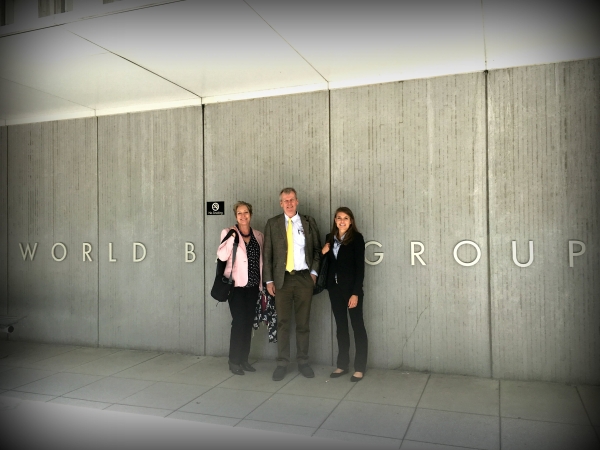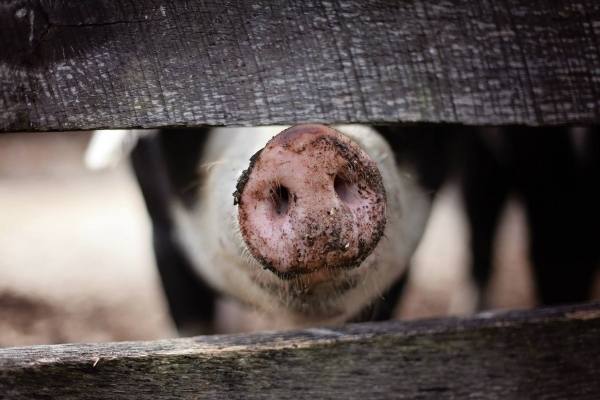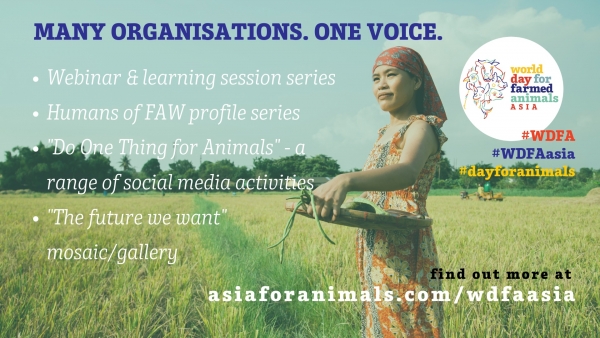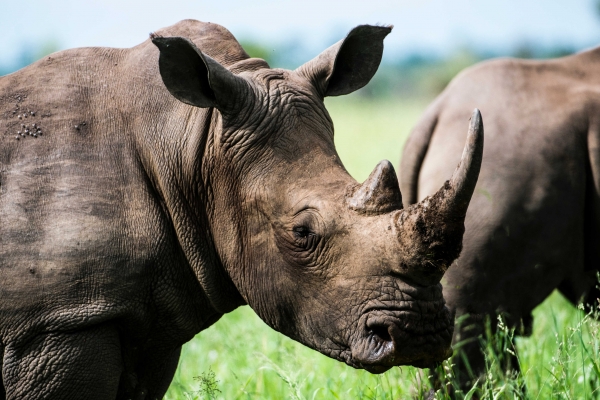| Headquarters: |
Geneva, Switzerland
|
|
|
| Website: | https://www.iso.org/ | ||
| Description: | ISO is an independent, non-governmental international organization with a membership of 163 national standards bodies. | ||
| Summary: |
Through its members, ISO brings together experts to share knowledge and develop voluntary, consensus-based, market-relevant International standards that support innovation and address global challenges. |
||
| Organization Type: | International NGO | ||
| Issue areas covered: |
ISO has now adopted an ISO Technical Specification on animal welfare management, General requirements and guidance for organizations in the food supply chain - TS 34700:2016. This provides requirements and guidance for the implementation of the animal welfare principles as described in the introduction to the recommendations for animal welfare of the OIE TAHC (Chapter 7.1). In reality, it is a simple guidance document on the steps needed to ensure compliance with the OIE principles; and it does not seek to specify/regulate standards. A new standard is being developed to help organizations put together programs for managing climate change. ISO 14080, on “Greenhouse gas management and related activities – Framework and principles for methodologies on climate actions.” will include guidance on how to create effective mitigation and adaptation activities. |
||
| Key opportunities and dates for input: |
|
||
| Requirements for participation: |
Standards are developed by groups of experts called technical committees. These experts are put forward by ISO’s national members. If you are interested in getting involved, contact details can be found in the list of national members. |
||
| Advocacy Opportunities: | |||
|
|||
- Home
- Directory
-
Our Programs
-
Strategic Advocacy Course
- Collaborations
- Humane Education
- International Policy
-
Model Animal Welfare Act
- Get the Book!
- Contents
- Part 1: Guiding Principles - A Broad Overview
- Part 2: Proposal for the Wording of a New Animal Welfare Act
-
Part 3: Explanatory Notes
- Notes to Chapter 1: Preliminary Provisions
- Notes to Chapter 2: General Provisions
- Notes to Chapter 3: Keeping of Animals/Care of Animals
- Notes to Chapter 4: Specific Categories of Animal Use
- Notes to Chapter 5: Implementation and Enforcement Provisions
- Notes to Chapter 6: Penal and Final/Concluding Provisions
- Constitution Project
-
Strategic Advocacy Course
-
Resources
- Events
- About Us
- Blog
From the Blog
-
The World Federation for Animals: A New Chapter for World Animal Net +
 In 2013, I joined World Animal Net (WAN) alongside Akisha… Read More
In 2013, I joined World Animal Net (WAN) alongside Akisha… Read More
-
Launching an "Animals' Manifesto" for World Animal Day +
 World Animal Net has brought together animal protection and environmental… Read More
World Animal Net has brought together animal protection and environmental… Read More
-
Join Asia for Animals in celebrating World Farmed Animal Day +
 World Day for Farmed Animals Asia is on October 2nd… Read More
World Day for Farmed Animals Asia is on October 2nd… Read More
-
COVID-19 and the Development of the New Global Biodiversity Framework +
 The Convention on Biological Diversity (CBD) is an international agreement… Read More
The Convention on Biological Diversity (CBD) is an international agreement… Read More
- 1


